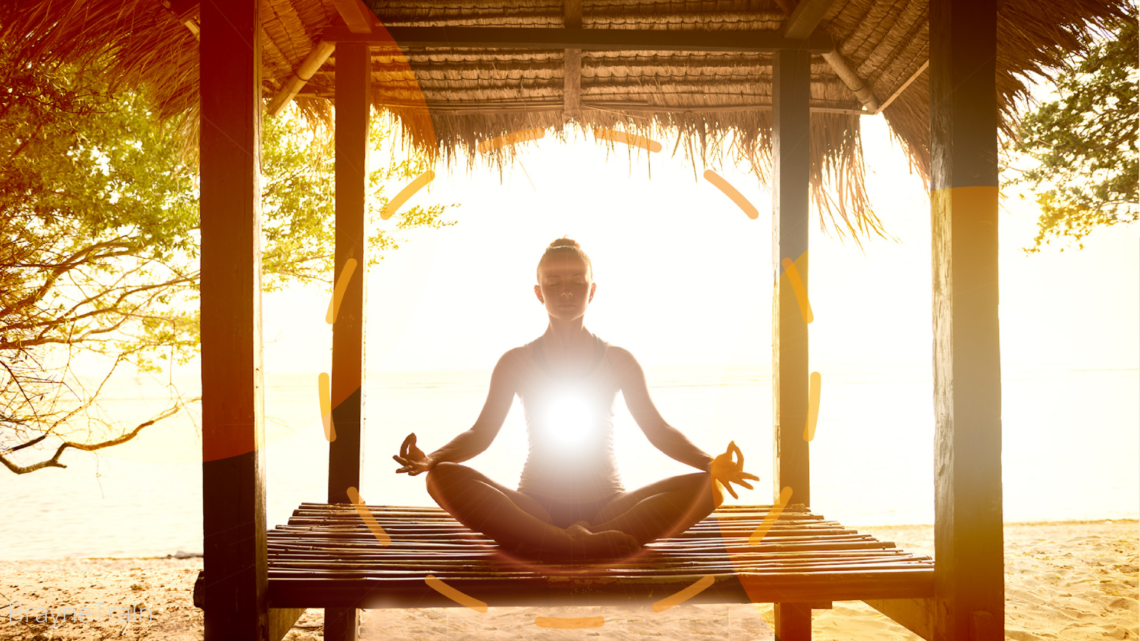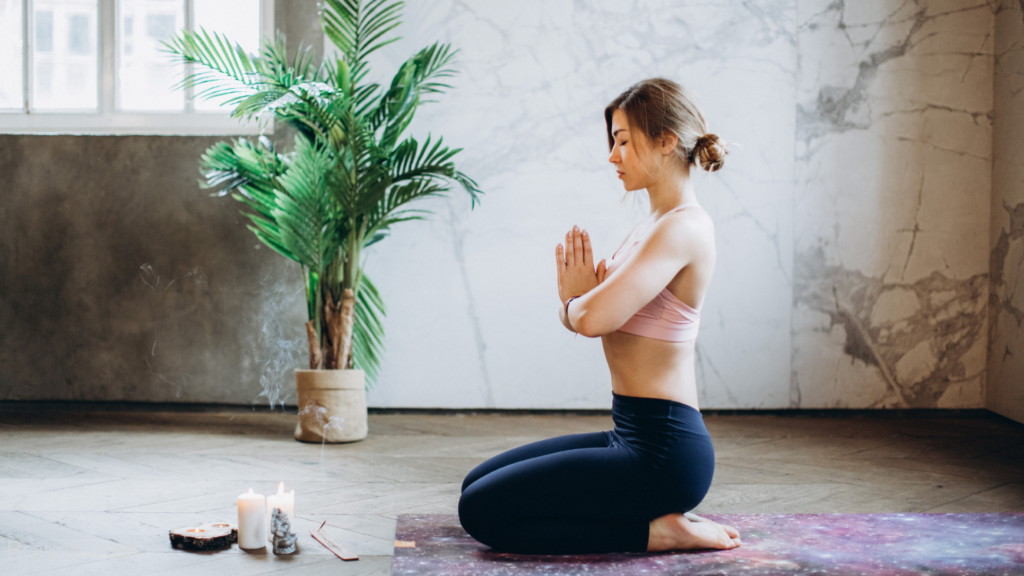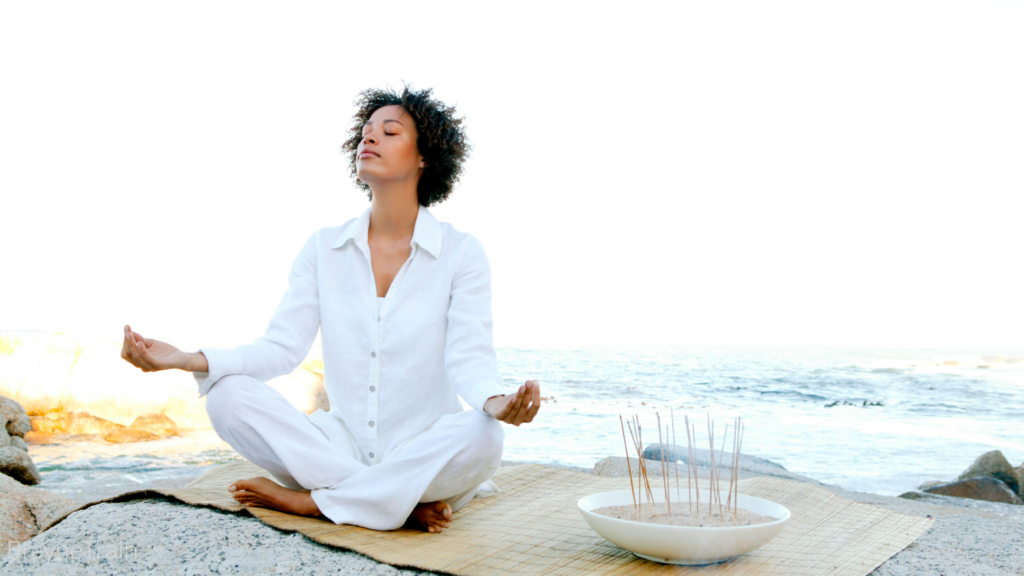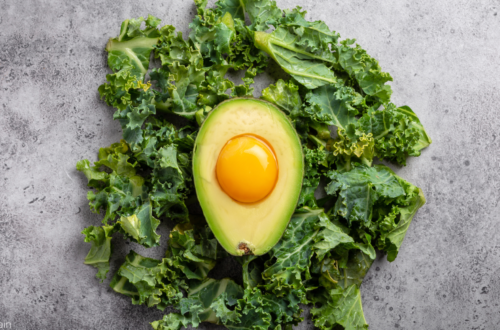
Meditation; A Beginner’s Guide To a Better Life!
Have you ever wanted to try meditation but didn’t know how to get started? Or maybe you’ve tried it before but stopped because you didn’t see any results.
Here’s some good news: meditation has been scientifically proven to change your life for the better.
In this post, we explain all you need to know about meditation, including its benefits and how you can get started on your meditation journey.
So keep on reading to find out!
What is Meditation?

Meditation has been defined in many ways, but at its core, meditation is the quietening of the mind until it reaches the soul of the mind or the source. In other words, meditation is a state of thoughtless awareness.
This does not mean that thoughts and emotions do not come up during meditation, but rather that we become aware of them without becoming attached to them.
We simply observe them as they arise and then let them go.
Over time, with regular practice, we become more adept at letting go of thoughts and emotions and entering into deeper meditation states.
In these deeper states, we experience a sense of peace and stillness that is beyond words. We may also have glimpses of our true nature, which is pure consciousness.
Ultimately, meditation is a journey within, and it is up to each individual to explore its depths.
Why should You Meditate?

Meditation opens the door to your spirit.
Through meditation, you have access to an infinite field of possibilities.
You can connect with your creativity and your higher self. You can learn not to be afraid of death and find ultimate peace and joy.
By opening yourself up to meditation, you open the door to greater spiritual awareness and growth.
Top 13 Scientifically Proven Benefits of Meditation:

- Decreased anxiety
- Helps get rid of food addiction
- Decreased depression
- Improves sleep
- Studies suggest that mindfulness meditation may effectively improve sleep problems.
- Increases self awareness
- Helps manage difficult situations and difficult people.
- Increased pain tolerance
- Increased memory and focus
- Increases ALPHA waves in the brain
- Reduces tension, sadness, and anger.
- Increased Grey Matter in the brain
- Improves learning, memory, and emotional regulation.
- Lower blood pressure
- Increased telomere length: Anti-aging effect
- Increased Immune function
To learn about the amazing benefits of a daily 5-minute meditation click here.
How Do You Start to Meditate?

- Find a quiet place to sit.
- Make sure there are no distractions around you (turn off the TV, cellphone, etc.)
- Sit down with your spine erect.
- Place your hand on your knees, facing up (receiving mode).
- Close your eyes.
- Do not try to clear your mind; instead, focus on your breath.
- Breath through your nose, keep it in for a 3-7 seconds.
- Let the thoughts in your head come and go, witness them without giving them energy.
- Exhale.
- Repeat for 1 to 2 minutes.
That’s it!
To learn about breathwork and how it can reduce stress click here.

If you are a beginner, start with 2-5 minutes daily practice and gradually increase your time.
It may take weeks, if not months before you can increase the time to 5 or 10 minutes.
Do not force yourself to think about nothingness; that only causes frustration in the beginning. Instead, witness your thoughts and then let them go.
Over time the number of thoughts and their speed will decrease. Eventually, you will be able to have a completely clear mind without thoughts.
Just believe and stay consistent. It takes time, but it’s well worth the effort!
To learn about the top 3 ways of meditation click here.
Takeaway:
If you’re looking to expand your spiritual awareness and growth, or if you’re just curious about what meditation has to offer, we highly recommend giving it a try. There are many different ways to meditate, so find the best technique for you and stick with it. Consistency is key to success. Over time, you will see the amazing benefits of meditation and it becomes easier to continue. Thank you for reading!
References:
Saeed SA, Cunningham K, Bloch RM. Depression and Anxiety Disorders: Benefits of Exercise, Yoga, and Meditation. Am Fam Physician. 2019 May 15;99(10):620-627. PMID: 31083878.
Rusch HL, Rosario M, Levison LM, Olivera A, Livingston WS, Wu T, Gill JM. The effect of mindfulness meditation on sleep quality: a systematic review and meta-analysis of randomized controlled trials. Ann N Y Acad Sci. 2019 Jun;1445(1):5-16. doi: 10.1111/nyas.13996. Epub 2018 Dec 21. PMID: 30575050; PMCID: PMC6557693.
Wielgosz, J., Goldberg, S. B., Kral, T., Dunne, J. D., & Davidson, R. J. (2019). Mindfulness Meditation and Psychopathology. Annual review of clinical psychology, 15, 285–316. https://doi.org/10.1146/annurev-clinpsy-021815-093423
Hoge EA, Bui E, Palitz SA, Schwarz NR, Owens ME, Johnston JM, Pollack MH, Simon NM. The effect of mindfulness meditation training on biological acute stress responses in generalized anxiety disorder. Psychiatry Res. 2018 Apr;262:328-332. doi: 10.1016/j.psychres.2017.01.006. Epub 2017 Jan 26. PMID: 28131433; PMCID: PMC5526744.
Zaccaro A, Piarulli A, Laurino M, Garbella E, Menicucci D, Neri B, Gemignani A. How Breath-Control Can Change Your Life: A Systematic Review on Psycho-Physiological Correlates of Slow Breathing. Front Hum Neurosci. 2018 Sep 7;12:353. doi: 10.3389/fnhum.2018.00353. PMID: 30245619; PMCID: PMC6137615.





One Comment
Pingback: